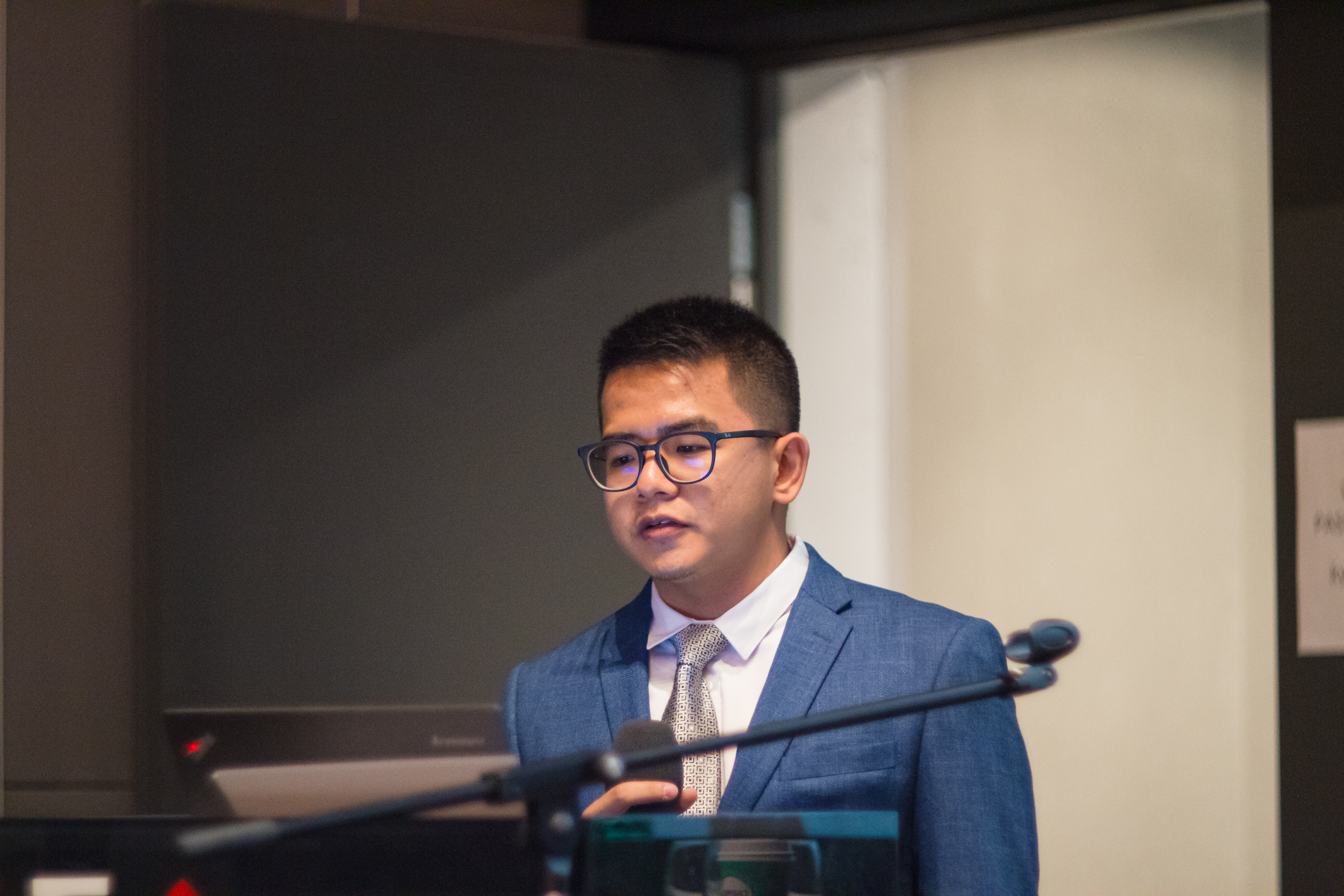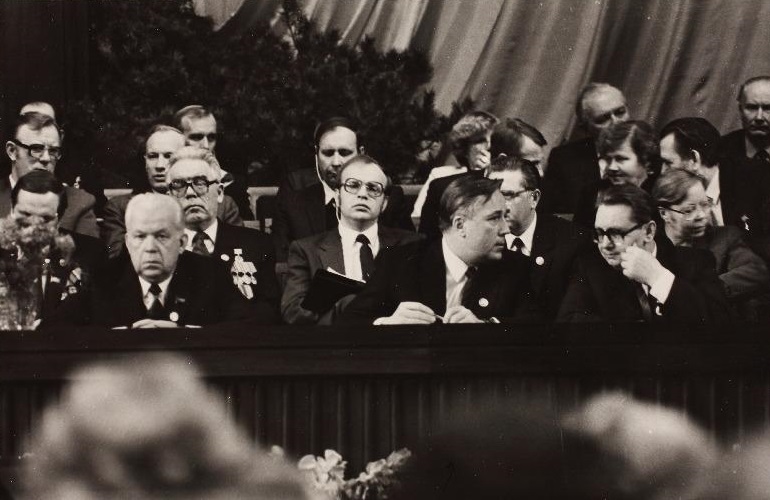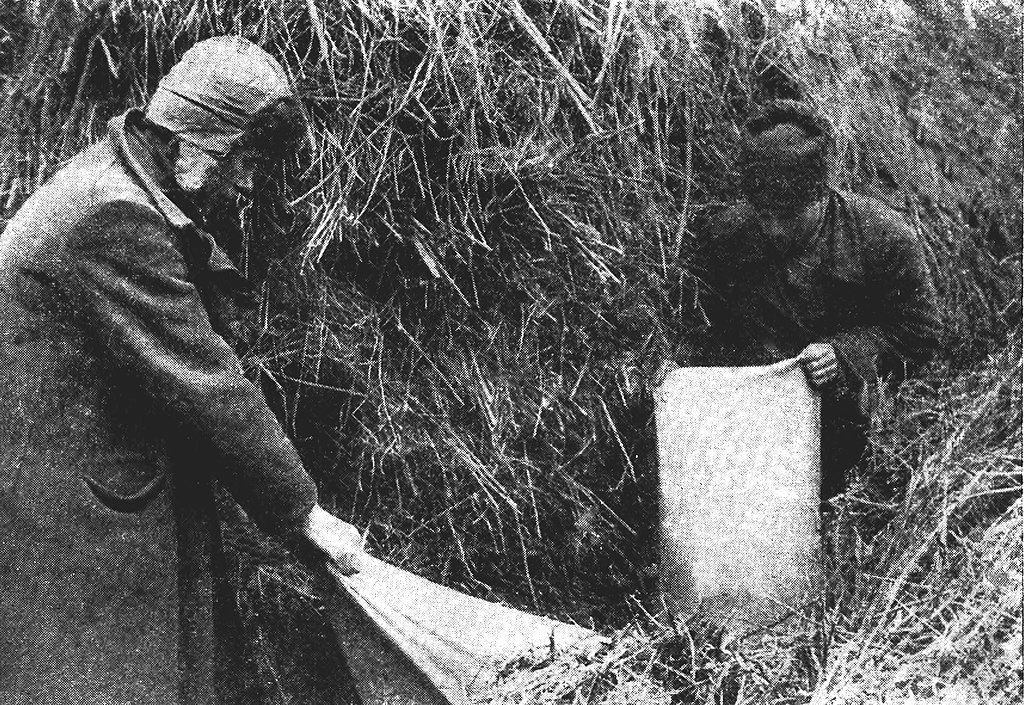News
The 5 Most-Read Articles of 2020
Over the year, we have cooperated with authors from different countries and published a wide variety of articles to raise international awareness about the crimes against humanity, committed by communist regimes worldwide. At the end of the year, we looked back to see what interested our readers the most. Listed in random order below are the most-read articles of 2020.
Title: INTERVIEW: Cambodia under the communist terror - a story world must know
Author: Kok-Chhay Ly, specialist at the Documentation Centre of Cambodia
The Khmer Rouge (Red Khmer) regime (1975-1979), led by dictator Pol Pot, killed approximately 2 million people in the name of communist ideology. Cambodia is now going through a process of coming to terms with this unimaginable political violence. We met Kok-Chhay Ly, who works in the Documentation Centre of Cambodia (DC-Cam), and asked him some questions. Read the full interview .

Title: OVERVIEW: Soviet "Liberators" in 1944-1945: Civilians fell victim to mass violence and robberies
Author: Peeter Kaasik, senior researcher, Estonian Institute of Historical Memory
The arrival of the Soviets in many European countries was not greeted with flowers. One totalitarian regime was swept away and replaced by another. Civilians fell victim to violence and robberies by soldiers and officers, which was largely tolerated by the leadership. At the same time, Soviet propaganda tried to create a myth of a "Liberator". Read more here.
See also the Interactive e-exhibition on the same topic.
Title: The Elite and Their Privileges in the Soviet Union
Author: Olev Liivik, historian, Estonian Institute of Historical Memory
Although the official ideology in the Soviet Union was egalitarianism, the society was rife with inequality and discrimination. The objective of this paper is to examine the privileges that accompanied social or official positions and were acquired with the help of such positions, giving the chosen few access to social and economic benefits, which were completely or mostly unattainable for the rest of the people. Read the full article.

Title: An unbearably discernible tragedy. Deportation
Author: Alo Lõhmus, Editor of Amazing History magazine
State authorities have organised deportations since antiquity in order to eliminate the danger of rebellions or to solve economic problems. However, in Stalinist Soviet Union, this form of repression acquired an industrial scale: deportations were carried out one after another and prominent administrative resources were involved in selecting and capturing the victims. Read the full article.
Title: Brutal Crime against Rural Life: Collectivisation in the Soviet Union
Author: Aleksander Daniel, historian, member of the Memorial Society in Russia
The Soviet authorities believed that collectivisation would improve agricultural productivity, but in fact, it failed miserably. “Labour productivity in the farming sector fell, the total volume of agricultural production decreased, the living standards of the collective farmers did not improve, people had to suffer the catastrophic famine of 1932-1933, followed by years of misery in the kolkhoz villages”, writes Aleksander Daniel, Russian historian and a long-time associate of the Memorial society. Read more here.
